The essence of positive psychology
Positive psychology is more than a wellbeing trend. It's a scientifically grounded field that explores what it takes to live a happy, productive, and fulfilling life.
Gaining traction in the 1990s, it shifted the focus from what is wrong with people to enhancing what is right. Today, positive psychology focuses on helping individuals, workplaces, and communities tangibly improve their wellbeing.
In this article, we address the most common myths and explore the impact of positive psychology.

What is positive psychology?
Positive psychology is the scientific study of optimal functioning, performance, and wellbeing.
Unlike traditional psychology's deficit model, which focuses on diagnosing and treating low mental health, positive psychology takes an abundance approach.
It emphasises the experiences, traits, and practices that help individuals and communities thrive, offering tools for everyone—whether or not they face mental health challenges.
The core principles behind positive psychology
Positive psychology is shaped by a core set of principles and ideas:
Busting myths about positive psychology
Myth #1
Positive psychology is 'Happyology'
The goal of positive psychology is not to feel good all the time; it's to build our ability to handle positive and negative experiences to create a fulfilling, meaningful life. Research from Barbara Fredrickson's Broaden-and-Build Theory shows that positive emotions do much more than make us feel good. They broaden our perspectives, enhance our creativity, and help us build lasting psychological resources.
Myth #2
Positive psychology is positive thinking repackaged
Positive psychology goes beyond optimism or 'positive thinking' by focusing on proven and practical interventions that foster growth, resilience, and overall wellbeing.
Martin Seligman's work on learned optimism, for example, is about reframing negative situations to create more realistic and empowering perspectives, rather than focusing on blind positivity. This is just one of many practical interventions that can bring tangible benefits, such as stronger relationships and greater resilience.
Myth #3
Positive psychology ignores the negative
A common myth is that positive psychology glosses over or ignores negative emotions. In reality, the field recognises that negative emotions are a natural part of life and play a vital role in living a full, meaningful life.
Rather than advocating for suppressing negative emotions, positive psychology teaches us how to get comfortable with uncomfortable emotions. For example, research shows that individuals who have higher emotional intelligence—an ability to understand and manage their emotions—tend to experience better wellbeing overall.
Myth #4
Positive Psychology is culturally narrow
Although early positive psychology research focused on WEIRD (Western, Educated, Industrialised, Rich and Democratic) populations, the field has expanded globally. Studies like the World Happiness Report and cross-cultural research in positive psychology suggest that wellbeing and human flourishing principles are universal, although cultural expressions of happiness and success may vary.
Myth #5
Positive psychology is a one-size-fits-all solution
Positive psychology recognises that each individual is unique, and what works for one person may not work for another. As a result, it offers flexible tools and interventions that can be adapted to suit different settings and populations.
For example, the Strengths Profile assessment is based on the premise that when we put our strengths to work, we are happier, more confident, and more able to achieve our goals. With a personalised Strengths Profile assessment, people can identify areas they perform well at and are energising, and identify areas they may find draining.
Why positive psychology matters
Positive psychology offers a comprehensive approach to human flourishing that positively impacts:
The essence of positive psychology
The truth is that positive psychology is about more than being in an ongoing state of happiness and joy. It's about using our inner resources to navigate all of life's experiences—both positive and negative. And by embracing both, we can build fulfilling, meaningful lives that allow us to truly flourish.
Interested in learning more about the science of positive psychology? Take a closer look at our 11069NAT Diploma of Positive Psychology and Wellbeing and upcoming course dates.


